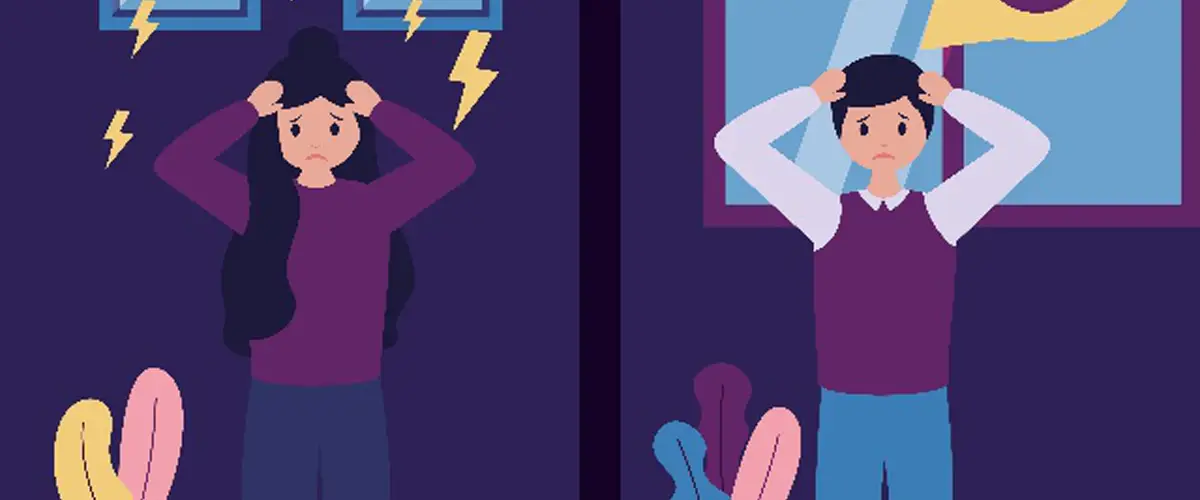
Understanding Bipolar Disorder (Mania)
Bipolar disorder is a mental health condition characterized by significant mood swings, ranging from manic (high energy, overly excited) episodes to depressive (low mood, sadness) episodes. These shifts can impact daily life, relationships, and overall well-being.